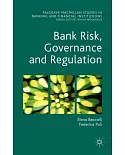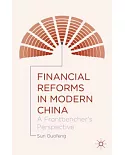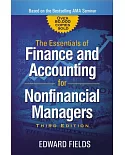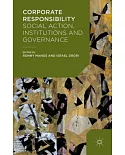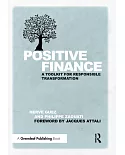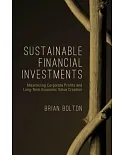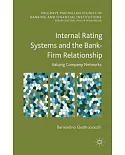The author, an economist, contends that existing theoretical and intellectual frameworks for regulating financial systems that have been available since 2001 could have prevented the failure in
the US that led to the collapse of global credit markets in 2008. She describes events leading up to the crisis and the steps taken by regulators and national governments during and after it,
illustrating that the US did not take the responsible steps or enforce the rules put in place to prevent the crisis. She draws on World Bank survey data and the work of John Eatwell to outline
10 steps that could have prevented it: develop policies that keep the regulatory code up to date; require financial market players to register and be authorized; routinely examine financial
institutions to ensure the regulatory code is followed; allow banks to reduce the volatility of returns by offering a wide range of services; have private, independent monitors, such as rating
agencies; provide information, including setting standards, to enhance market transparency; enforce the code and discipline transgressors; provide government safety nets but still hold
financial institutions accountable; allow very little government ownership and control of national financial assets; and create specialized financial institutions. For each, she describes the
purpose, supporting academic theory, legislative/regulatory background, and what the industry did in practice. Distributed in the US by ISBS. Annotation ©2016 Ringgold, Inc., Portland, OR
(protoview.com)



